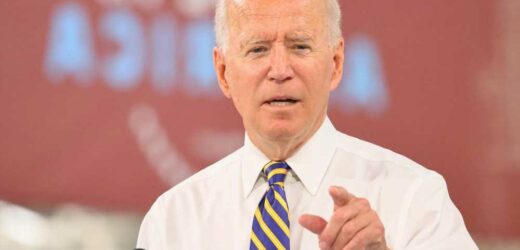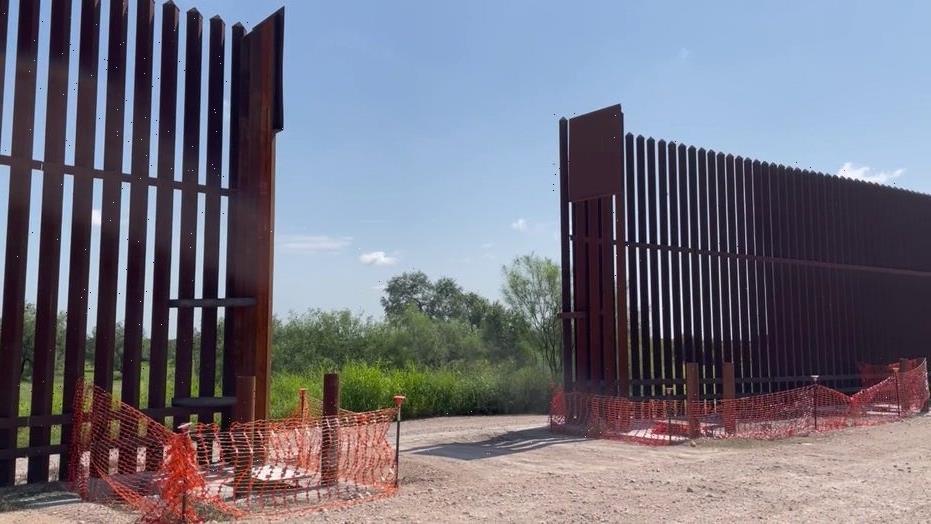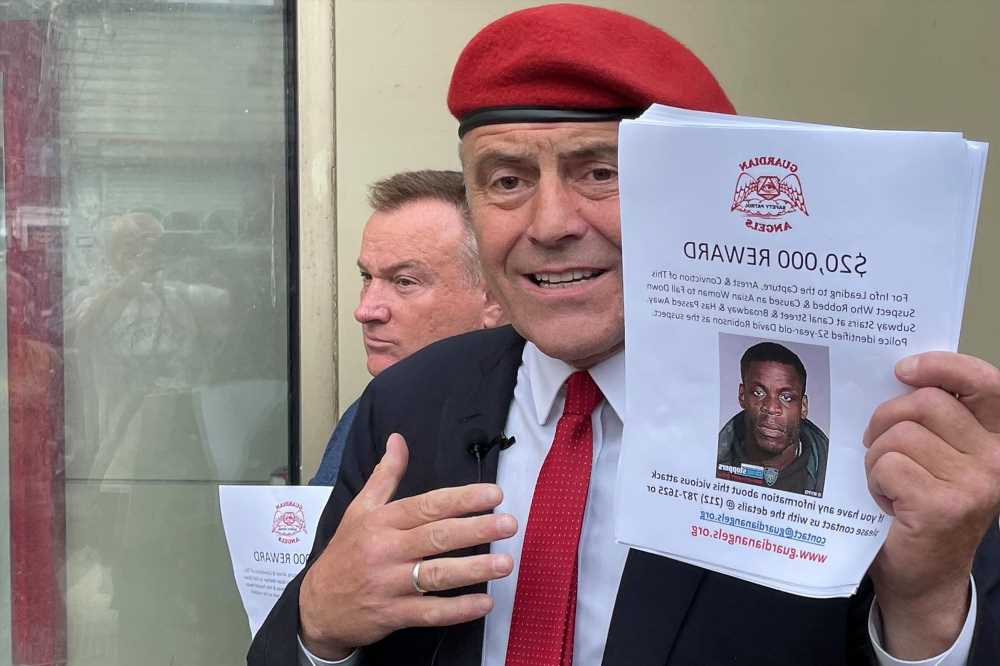More On:
daca
Biden: ‘Remains to be seen’ if DACA citizenship pathway will be in $3.5T budget
Biden blasts ‘disappointing’ DACA ruling, urges Congress to save the program
Federal judge says DACA program is illegal, blocks new applications
Biden hosts meeting with DACA recipients in Oval Office
President Biden will meet with 11 congressional Democrats at the White House on Thursday to discuss plans — potentially to be included in the $3.5 trillion budget reconciliation — for a pathway to citizenship for Dreamers, people originally promised such under the Obama-era Deferred Action for Childhood Arrivals program.
The commander-in-chief will meet with the group — which includes Senate Judiciary Committee Chairman and Majority Whip Dick Durbin (D-Ill.) and Senate Foreign Affairs Committee Chairman Bob Menendez (D-NJ), two of the leaders on the Senate side for immigration reform — to discuss next steps, possibly involving including such a measure in Democrats’ partisan budget reconciliation.
Aside from Durbin and Menendez, Sens. Catherine Cortez Masto (D-Nev.), Alex Padilla (D-Calif.) and Ben Ray Luján (D-NM) are also expected from the Senate side.
House Judiciary Committee Chairman Jerrold Nadler (D-NY), House Hispanic Caucus Chairman Raul Ruiz (D-Calif.) and fellow Golden State Democrats Linda Sánchez, Zoe Lofgren, Pete Aguilar and Lucille Roybal-Allard are slated to attend on behalf of the lower house of Congress.
News of the meeting was first reported by Axios, which cited a White House official. The Post confirmed the meeting through reps for two of the lawmakers who planned to attend.
The White House did not immediately respond to The Post’s request for comment on the meeting, which was not listed on the president’s public schedule.
News of the meeting comes days after Biden admitted that Democrats were looking to include a pathway to citizenship in their $3.5 trillion budget package.
The commander-in-chief made the comments just before walking into the White House on Sunday while returning from a weekend in Wilmington, Del., after being asked by a pool reporter whether a pathway for citizenship needed to be included in budget reconciliation, which would be rammed through Congress with no GOP support.
“There must be a pathway to citizenship,” he responded, “whether it needs to be in [reconciliation] remains to be seen.”
Sen. Kyrsten Sinema (D-Ariz.), a key vote for the Democrats, said Wednesday she has problems with the reconciliation package, however, noting, “I support many of the goals in this proposal to continue creating jobs, growing American competitiveness, and expanding economic opportunities for Arizonans … I do not support a bill that costs $3.5 trillion.”
Democrats and immigrant advocates have felt a newfound urgency to address the legal status of Dreamers in recent weeks, following a federal judge in Texas ruling earlier this month that the program was unlawful.
The judge also blocked new applicants, leaving those who are still waiting to hear back from the program in limbo.
It was not originally clear if addressing the DACA program, passed in 2012 to give work permits to and protect from deportation people brought illegally to the US as minors, would be possible through Democrats’ reconciliation deal.
Budget reconciliation allows the majority party to bypass the legislative filibuster, the Senate rule requiring 60 members to end debate on most topics and move forward to a vote.
The Senate is split 50-50 between Republicans and Democrats, though Vice President Kamala Harris, as Senate president, has a tie-breaking vote. Still, 51 votes are not enough under current rules to break through the filibuster.
Biden split his infrastructure package, a centerpiece of his post-COVID agenda, into two parts for Congress to pass.
The first, the “American Jobs Plan,” focused on hard infrastructure, while the second, the “American Families Plan,” is aimed at funding Democrats’ domestic policy platform.
Republicans took issue with the second package, which they argue stretches the definition of infrastructure. The first package, meanwhile, took a backseat to a bipartisan deal brokered in the Senate.
The GOP negotiators on the compromise agreement said Wednesday that they reached an agreement on the details of a $1.2 trillion infrastructure bill — salvaging a blueprint brokered last month by Biden.
The Senate then voted 67-32 to advance debate on the critical legislation later that evening.
The breakthrough came despite fears of spending spurring inflation and Republican unease about the second, $3.5 trillion bill.
Share this article:
Source: Read Full Article






